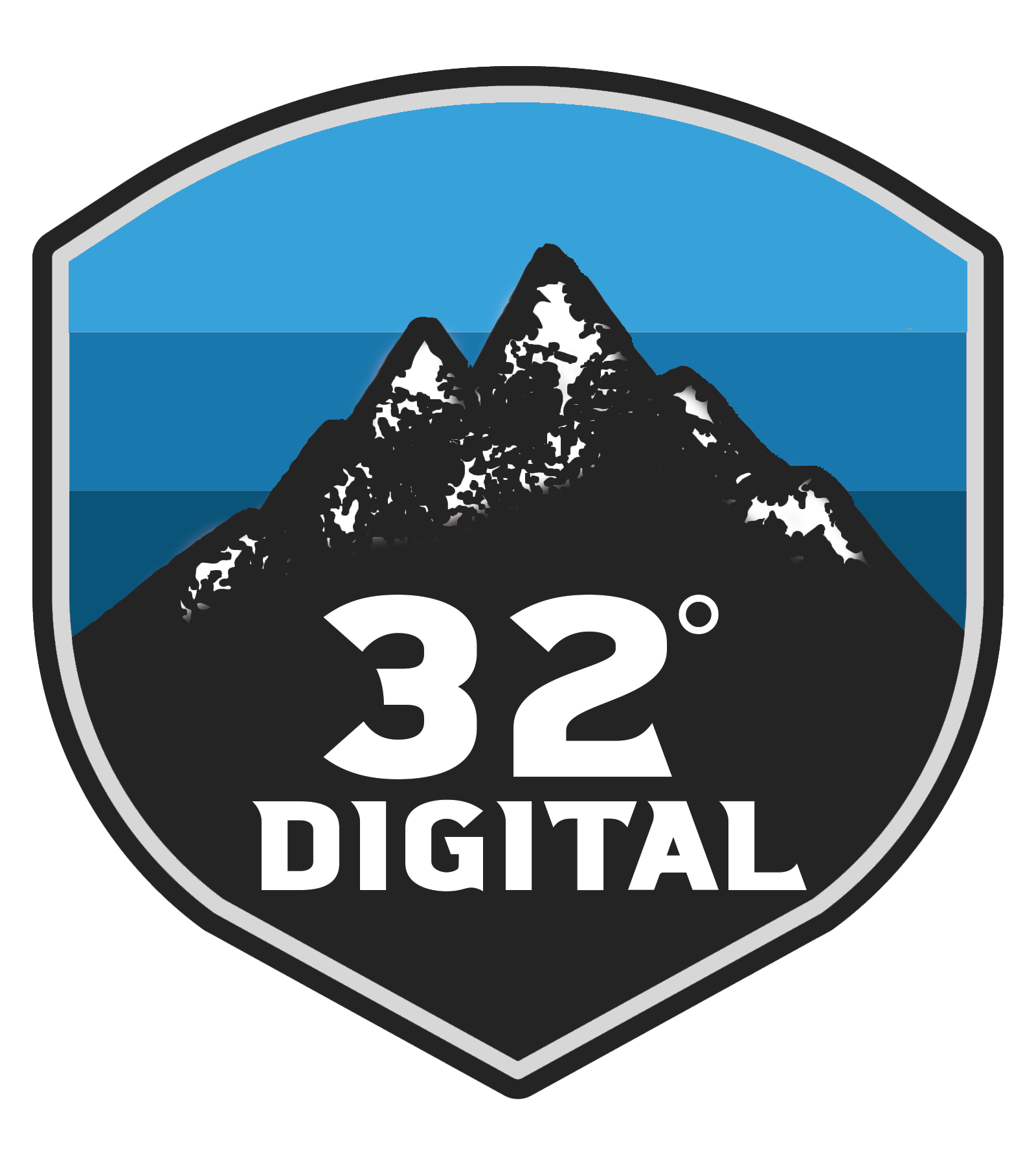Google SERP Eye Tracking Research
Search results are very different than they were in 2005 – and the way that ours eyes read through the results are very different. On a SERP we are hit with different media and tools that are at our finger tips – Local listings, videos, images, hotel listings, carousels of content and Google cards purporting the direct answers to questions.
At SMX West in San Jose this week Mediative updated their eye-tracking survey of search result users and the results are of interest for hotel marketing professionals.
Mediative Chief Strategy Officer Gord Hotchkiss and Business Development Manager Matt Agtarap share results from their company’s 2014 Google SERP eye-tracking study
In 2005 the concept of the Golden Triangle was a live and well – “When searching for information, we use the same strategy we use when foraging for food. We’re looking for something on the page that corresponds to the idea in our mind. We want to find something that promises we’ll find what we’re looking for on that page — these decisions are made in split sections,” Gord Hotchkiss explains.
Recent findings include:
- We’re getting used to seeing the entire SERP as an entire package and quickly move to identifying the area of the SERP that is most relevant to us during that session.
- Users used to look horizontally across a page, now we look up and down quickly.
- SERP interaction times have changed – in 2005 it was 14 to 15 seconds, however in 2014 that time range has been reduced to 8 to 9 seconds. We’re more used to interacting with search results and are confident that we’re making the right choice when we select a result to dive deeper into. Trust of Google’s search results is also a huge factor in cutting this time by 30%.
- Business listings in the 2-4 positions are seeing more click activity than they did in 2005 – users are more confident with clicking into the lower search results. As the long-tail of search keywords increases, so does the level of clicking.
- The 4th organic listing earns about 24% of all clicks.
- 50-60% of our feelings of a page are created before we even click — the stars, the position, etc. influence our feelings pertaining to a listing.
What this means for gaining more attention in the SERPs
The 1 search result is still important but not as much as it was in 2005. There are more content choices that a more confident searcher is digesting.
A strong SEO campaign isn’t just about getting into the top spots organically, local listings, paid search alternative media should all be part of the plan.
Branding has changed – for larger brands the opportunities are different than for start up companies or smaller brands.
We love images – our brains quickly move to images or other assets that are aesthetically pleasing. This provides opportunity to capture more traffic through the Universal Search Results.
